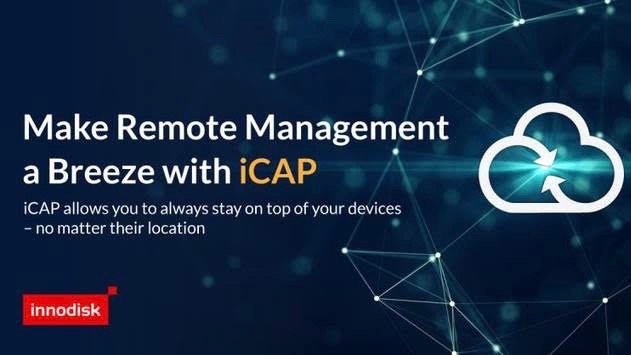The Internet of Things (IoT) has hit a brick wall: latency. Each new IoT device adds a never-ending stream of data that cannot be processed until it reaches the cloud. The further away the device from your servers, or the more trivial data to sift through, the longer it takes to find and act on any relevant data.
With an estimated 50 billion IoT devices worldwide today, the traditional cloud-based IoT has reached a breaking point. It takes too long to compute data, undermining the benefits of collecting data in the first place. That’s why engineers are turning to edge computing: letting devices process and respond to data locally, eliminating the latency problem.
Consider if a traffic cam spots a crashed car, or a factory sensor detects a chemical leak. Typically, your device lacks the computing power to signal that anything is out of the ordinary. It just sends a constant stream of data to the cloud, where system engineers must spot a needle amidst a haystack of routine data from every other device.
You can cut down on disastrous security delays by teaching your edge devices to interpret data on-site. Integrated with AI technology, they can make split-second responses without human input.
[embedded content]
Armed with AI (Artificial Intelligence) and ML (Machine Learning) algorithms, edge devices have much greater potential to benefit businesses, particularly in security industries and the transportation industry.
Security cameras can store local data for facial recognition, allowing for immediate identification even when they lose connection to your servers. Specialist industries like casinos can use deep learning to study suspicious behavior, then push updates to your cameras so they can immediately notify security with no delay.
AIoT, which melds AI and IoT together, has already become an essential part of manufacturing for several industries like autonomous vehicles and aerospace. Autonomous delivery drones or smart cars can’t function on a delay because they must make split-second decisions in response to stimuli, or else face constant crashes. Planes have pilots, of course, but AIoT sensors embedded into plane parts can report equipment failure more quickly, reducing maintenance time and flight delays as a result.
You may have noticed a pattern with these examples. AIoT works well with technology that is critical for people’s safety, which means that (A) it must be completely insulated from cyber attacks and (B) it must be physically protected from damage or tampering as well. And, obviously, it needs local processing and storage to handle complex neural networks.

As a baseline, you’ll want to in-build your edge devices with a fast-loading CPU, with enough flash storage memory and system memory (RAM) for real-time data management. But beyond that, you need physical modifications based on your industrial needs.
Devices like security cameras will need an isolated, encrypted LAN, ideally running off of Power over Ethernet (otherwise known as PoE). Any device placed in an outdoor environment will need to work just as well in blazing hot summers as damp winters. CPUs in cars and planes will be vulnerable to vibrations and pollution, while medical devices will need to avoid any magnetization.
For your company to depend on AI instead of human operators, you need AIoT devices that can withstand the specific problems of your industry, so they won’t fail in critical moments. That means trusting a hardware developer to produce customized equipment based on your specifications. And as you can see in the video above, companies like Innodisk offer specialized SSDs designed for virtually any environment or scenario.
Currently, most IoT devices are passive collectors of data for your servers to process later. Using narrow AI, however, these devices become active security solutions: they eliminate latency and the need for human input, and reduce the strain on your cloud servers. With the right hardware to protect and respond to your data, your devices will become far smarter and more valuable to your business.
